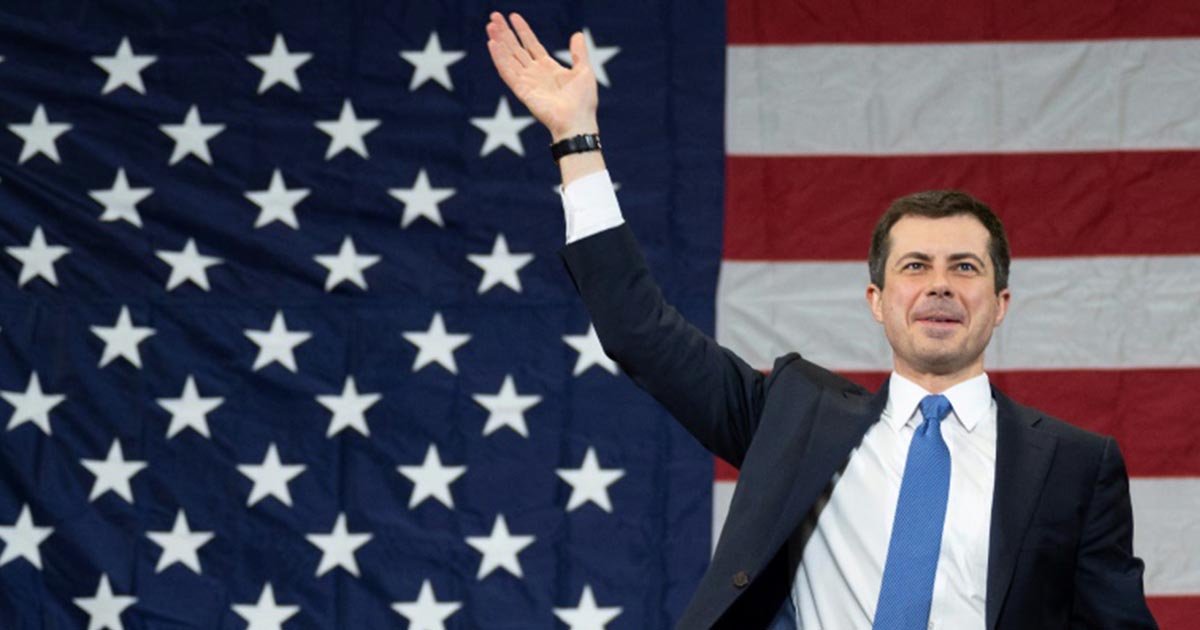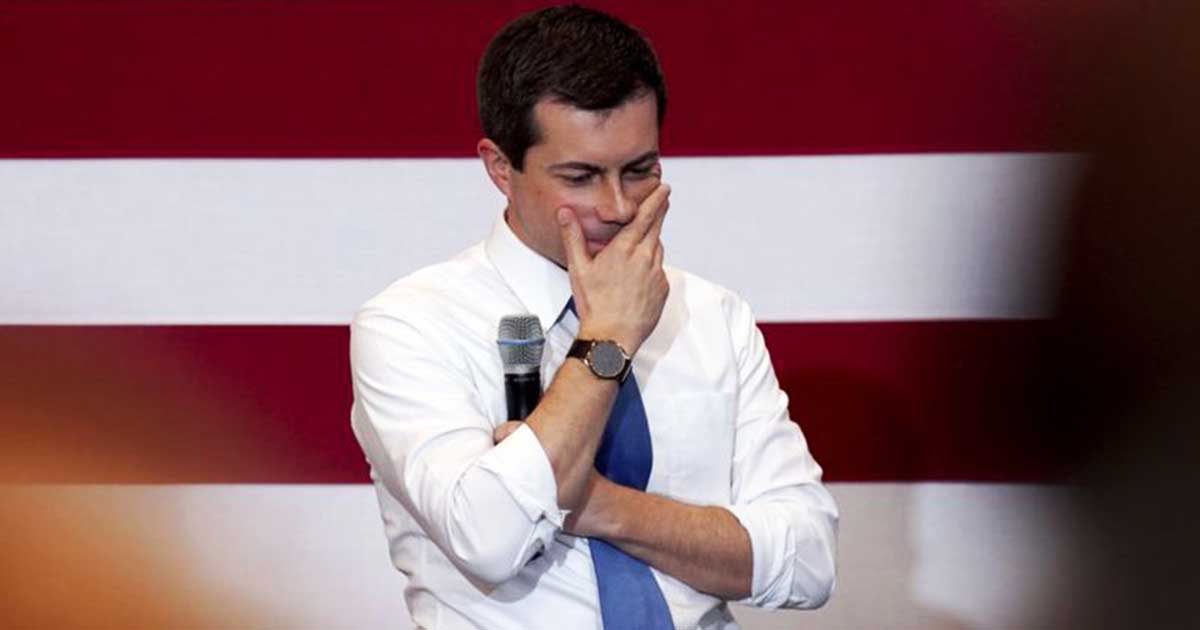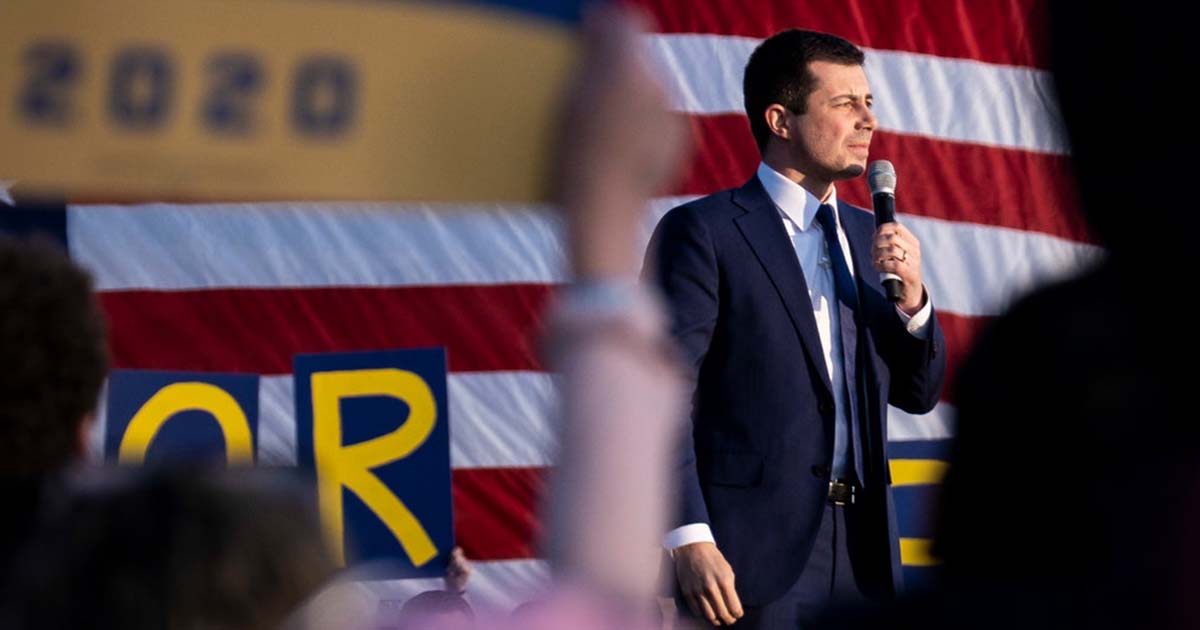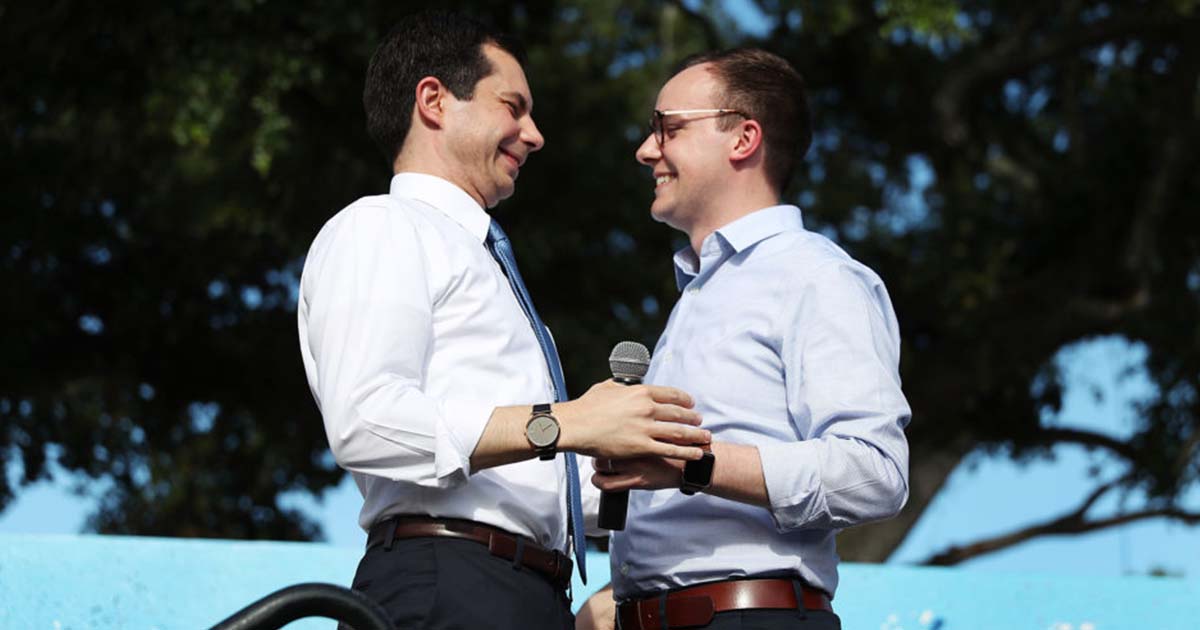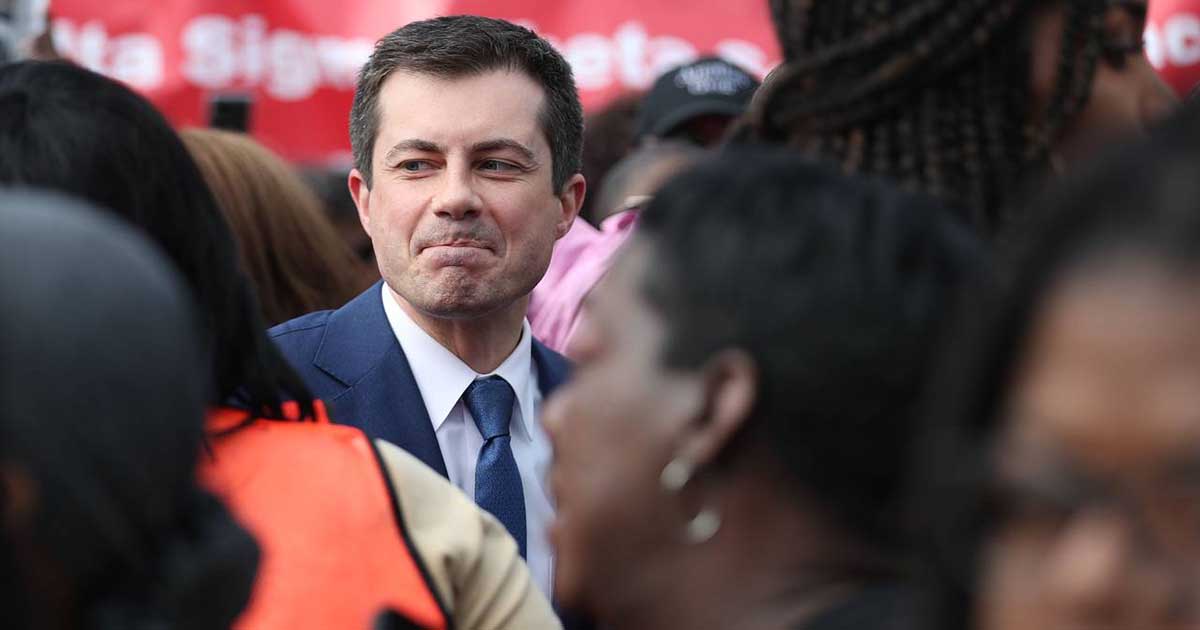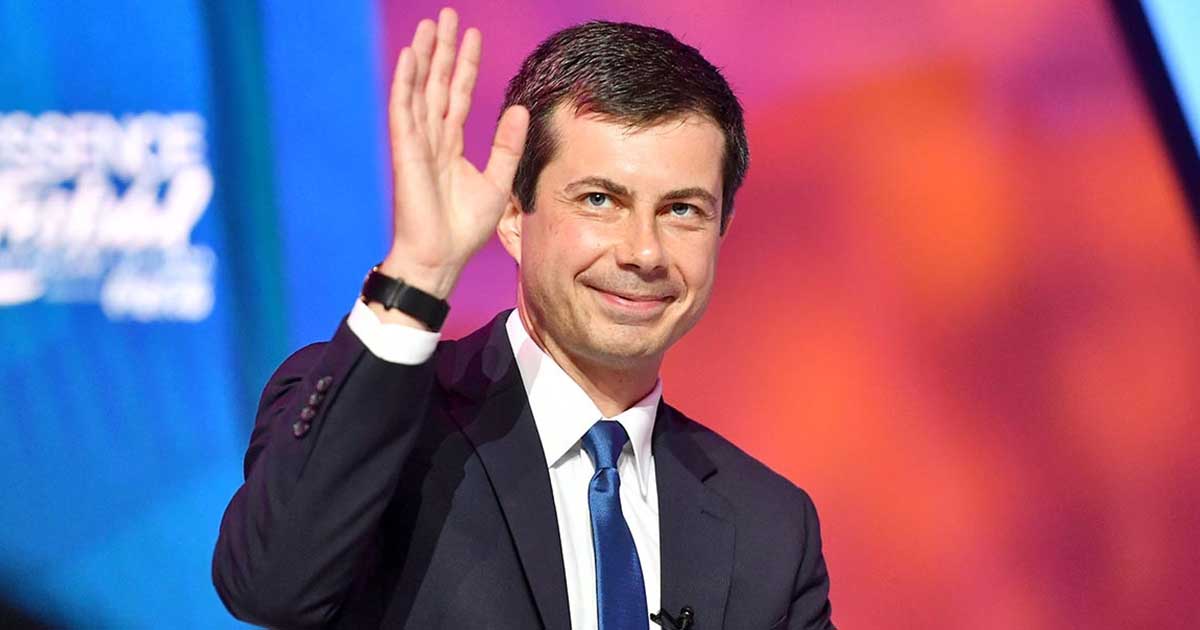Pete Buttigieg exited the Democratic presidential race Sunday night, putting an end to a campaign that celebrated a skyrocketing rise and got past those of more experienced competitors but ultimately fell short after being dogged by a lack of minority support.
On Sunday night in South Bend, Indiana, Buttigieg told supporters that he no longer saw a path to victory and that he had a responsibility to consider the effect of remaining in this race any longer.
He said in his statement that he now aims to unify the Democratic Party against President Donald Trump and “win with our values.”
He said:
“We began this unlikely journey with a staff of four.”
“No big email lists. No personal fortune. Almost nobody knew my name, and almost no one could pronounce it.”
The speech was delivered one day after Buttigieg won just 3 percent of black voters in South Carolina, according to NBC News exit polls, sparking concerns about his inability to get votes from one of the party’s most important constituencies despite the actions he took to address the issue.
A Buttigieg official expressed that the campaign saw a very narrow path to victory and that they weren’t where we needed to be after South Carolina.
As of today, it isn’t clear whom Buttigieg’s supporters will now back or whether he will endorse one of the remaining candidates.
Buttigieg made history in his Iowa victory as the first millennial and the first openly gay candidate to carry a state in a major party presidential primary, and he will end his campaign having won 26 delegates.
Ironically, for a candidate of his age, Buttigieg appealed mostly to older and white voters and failed to make inroads with the party’s rising constituencies of young people, Latinos, and black voters.
But in some ways, his message was a better fit for the Democratic nomination of 2004 than 2020.
He poked fun at elite condescension of “flyover country” and the “American Heartland” of the Midwest. He called for deficit reduction and denounced the “revolutionary politics of the 1960s.” His surrogates fondly reminisced about the TV show “The West Wing.
”
At the age of 38, he is seen to have a bright future and may be better served by quitting now instead of continuing to compete with his rivals, one of whom he will likely end up supporting in the general election.
A second Buttigieg campaign official said:
“He’s getting out now because he doesn’t believe there’s a clear path, and he’s practicing what he preaches: to bring the party and the country together.”


